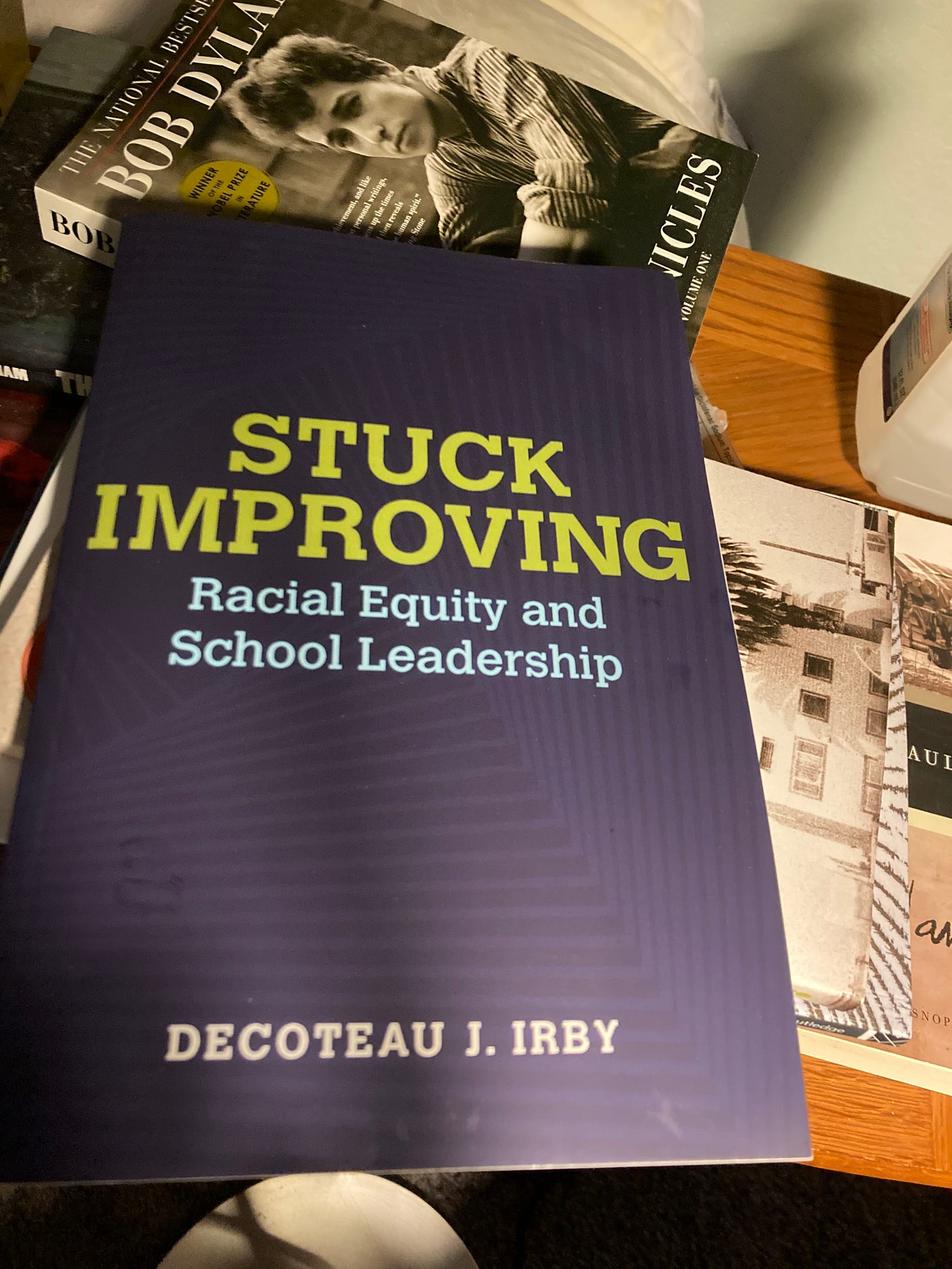Two Things
My friend and conscripted subscriber, Janet, sent this podcast. Ezra Klein talks with Maryanne Wolf, an education professor at UCLA who wrote a riveting book with provocative implications: Proust and the Squid: The Story and Science of the Reading Brain (2007). I vividly recall reading it in Fullerton at Kaz and Memi’s house, my daughter’s grandparents, one Christmas break, hiding out in the bedroom every chance I got.
This podcast is wide ranging and incredibly interesting. In this talk Ezra and Maryanne humanize the brain. I admire Ezra’s skill in raising issues and questions perfect for Maryanne’s unique expertise. From her Proust book I imbibed not a technical but a spiritual sense of neurons and pathways, and the brain’s plasticity in accommodating this weird thing with print it was never made to do was my private epiphany.
At one point when Ezra asks her about lighted up places inside the skull during full on reading I swear I thought she was describing a brain orgasm as the climax of a fully engaged, cognitively patient reader. Near as I can tell, this experience is available whether the text is a scientific study or a Sylvia Plath poem, but it sure makes the case for poetry, which in my opinion kids need to really dig deep. When you have a chance, take a 45 minute walk or kick back on a bean bag.
One slight nagging small thing: Ezra frames a question to Maryanne about Socrates’ uneasiness with writing and reading around memory—texts weaken the memory so avoid them (calculators destroy memory for math facts so the argument goes). Maybe so. But Socrates had a deeper concern; he’s not here to defend himself so I will.
Texts present themselves with inherent authority and can dominate the reader. Texts take no questions; readers who interrogate texts are constrained from raising counter arguments by lack of counter arguments to their counter arguments. So shallow thinking is all that’s afforded. Readers howl in the wind with no satisfaction—or submit. At least that’s how I read the Phaedrus. I think that’s why we need book clubs and seminars—besides the food and camaraderie.
=============
I’ve been reading Irby’s book I cited in my post about Amber Clark, the high school principal who lost her job. Equity work is hard. I so so so much hope Irby’s book gets a wide audience. It is a beautiful example of the kind of ethnography and that must happen collaboratively, researchers and teachers with committed administrators, in schools and inside LEAs to bring White people to the table. The equity W.E.B. DuBois wanted is within reach if works like Irby’s study become widely read and taken to heart. The change is within. As a White reader I’m invited to become a volunteer societal ambassador in a way I’ve been struggling to figure out. Plus the breathtaking humanity and compassion…



